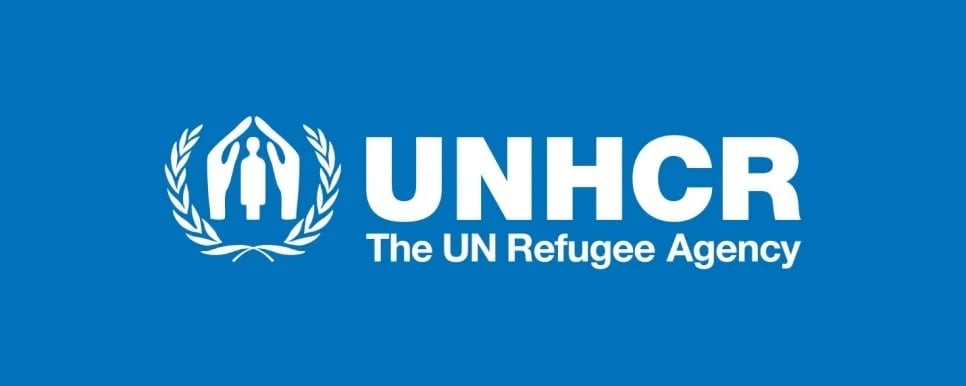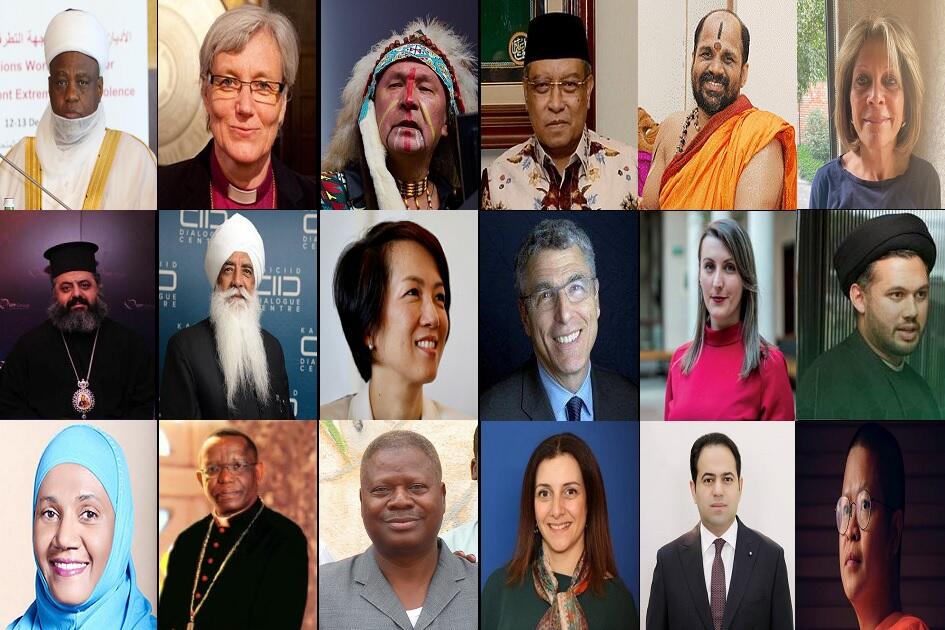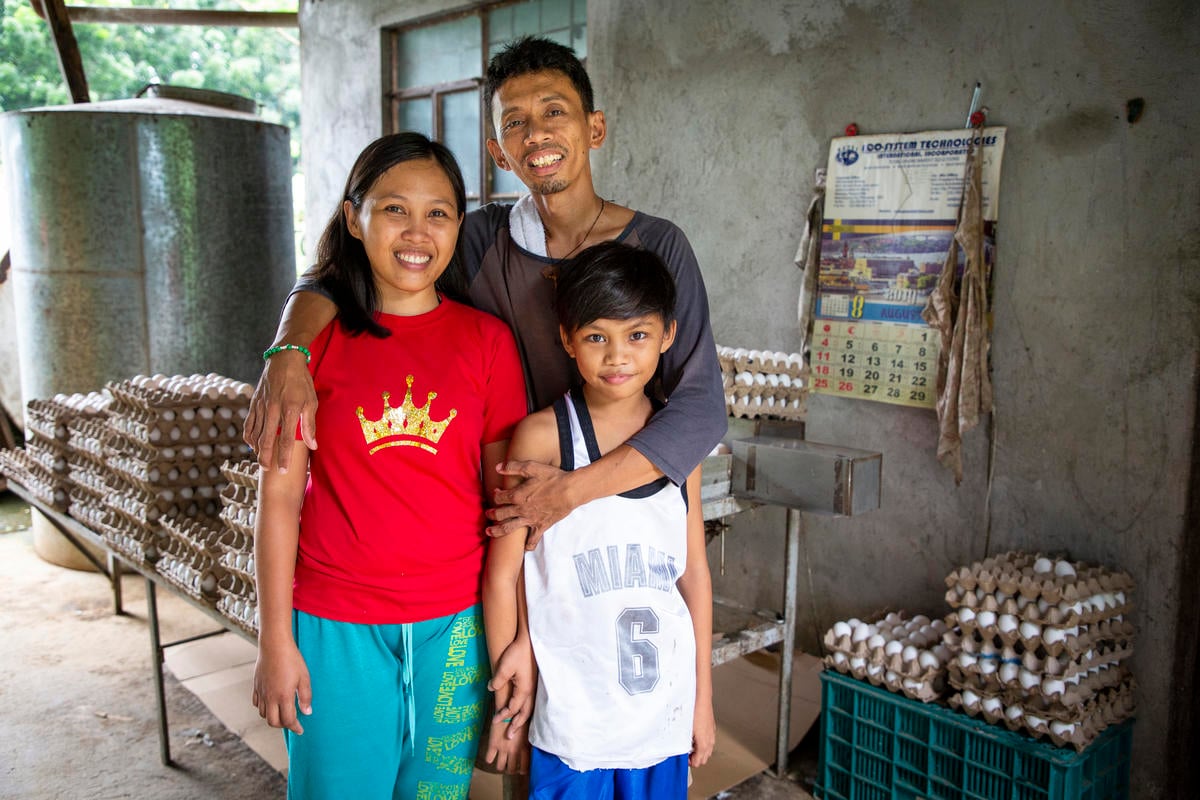Statelessness: More than 3,000 stateless people given Turkmen nationality
Statelessness: More than 3,000 stateless people given Turkmen nationality

DASHOGUZ, Turkmenistan, December 7 (UNHCR) - As soon as she was handed her citizenship papers, Guljahan Egenova began thinking excitedly about the whole new future ahead of her. "I am proud," said the pretty 24-year-old during a recent ceremony in the northern Turkmenistan city of Dashoguz.
She had been stateless since 1995, when her parents moved to Turkmenistan. "With my new nationality, I get the right to pursue higher studies, I get the right to vote and I will be able to travel freely," the young woman said, with a big smile.
Guljahan was one of 20,000 people registered as stateless under two special drives conducted by the Turkmen government and the UN refugee agency since 2007. More than 3,000 of them were granted citizenship of Turkmenistan under two presidential decrees issued earlier this year.
Most of those registered were left stateless after the break-up of the Soviet Union in 1991. They originated from places like Armenia, Azerbaijan, Moldova, the Russian Federation, Tajikistan and Uzbekistan. Without citizenship, they did not enjoy many of the basic human rights that most people take for granted.
Last month, the State Migration Service of Turkmenistan arranged ceremonies in the capital, Ashgabat, and in Dashoguz, to hand over passports to some of the new citizens. As the men and women walked up to collect their new travel documents, young girls in traditional embroidered dresses and round colourful caps gave them bouquets.
Some had been registered as stateless during the last government-led registration drive from May to July. More than 20 teams, gathering Turkmen officials, UNHCR staff and members of a local non-governmental organization, Keik Okara, toured the country and registered some 8,000 people as stateless. In 2007, about 5,000 were recorded as stateless. An additional 7,000 children under the age of 18 were registered as stateless with their parents.
This year's exercise was preceded by a massive information campaign in all five provinces of Turkmenistan. After each registration drive, Turkmen authorities conduct a thorough check to make sure individuals are not nationals of any other country, and this stateless.
Turkmenistan's President Gurbanguly Berdimuhamedov issued decrees in July and October this year conferring nationality on more than 3,000 people whose statelessness status had been verified. More people are expected to get citizenship once their statelessness status has been verified.
Batyr Sapbiyev, a UNHCR protection officer in Ashgabat, praised the government for its "outstanding humanitarian act" and added that "this work continues as there are more applications for citizenship from stateless people."
UNHCR-funded legal clinics in Ashgabat and the provinces have been organized to offer advice to these people.
Elviva Oranzur, a mother of two, is among those who have applied for Turkmen nationality. She said that being stateless is "like being caged or put in a box. You cannot register your marriage. If I want to study I cannot. It feels like you are nobody," she told UNHCR in Ashgabat.
The 25-year-old was born in Russia in 1986 to a Russian mother and a Turkmen father. The family moved to Turkmenistan a year later, but her father returned to Russia and disappeared from their lives. When the Soviet Union broke up in 1991, Elviva and her two brothers became stateless.
But now she sees her dreams of citizenship coming closer. "The first thing that I would do is to register my marriage," she said, adding: "This would give me all the more joy because my children will also receive nationality."
Meanwhile, Turkmenistan will underscore its commitment to helping those who remain stateless in the country by acceding later Wednesday to the 1954 Convention relating to the Status of Stateless Persons. The treaty event will come at a landmark UNHCR-run ministerial conference in Geneva.
By Babar Baloch in Dashoguz, Turkmenistan









